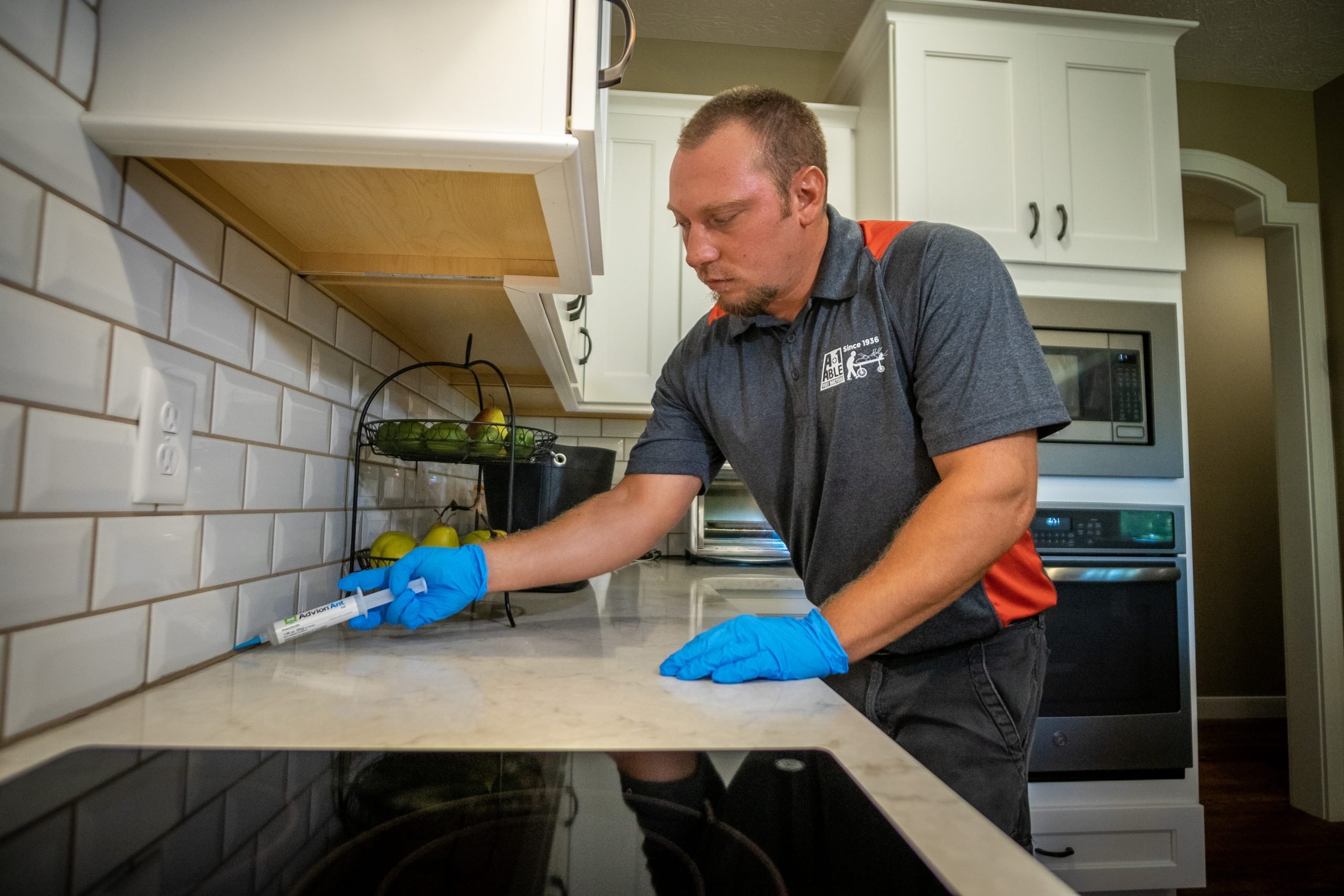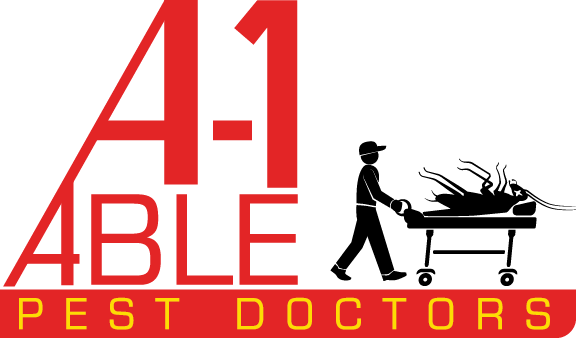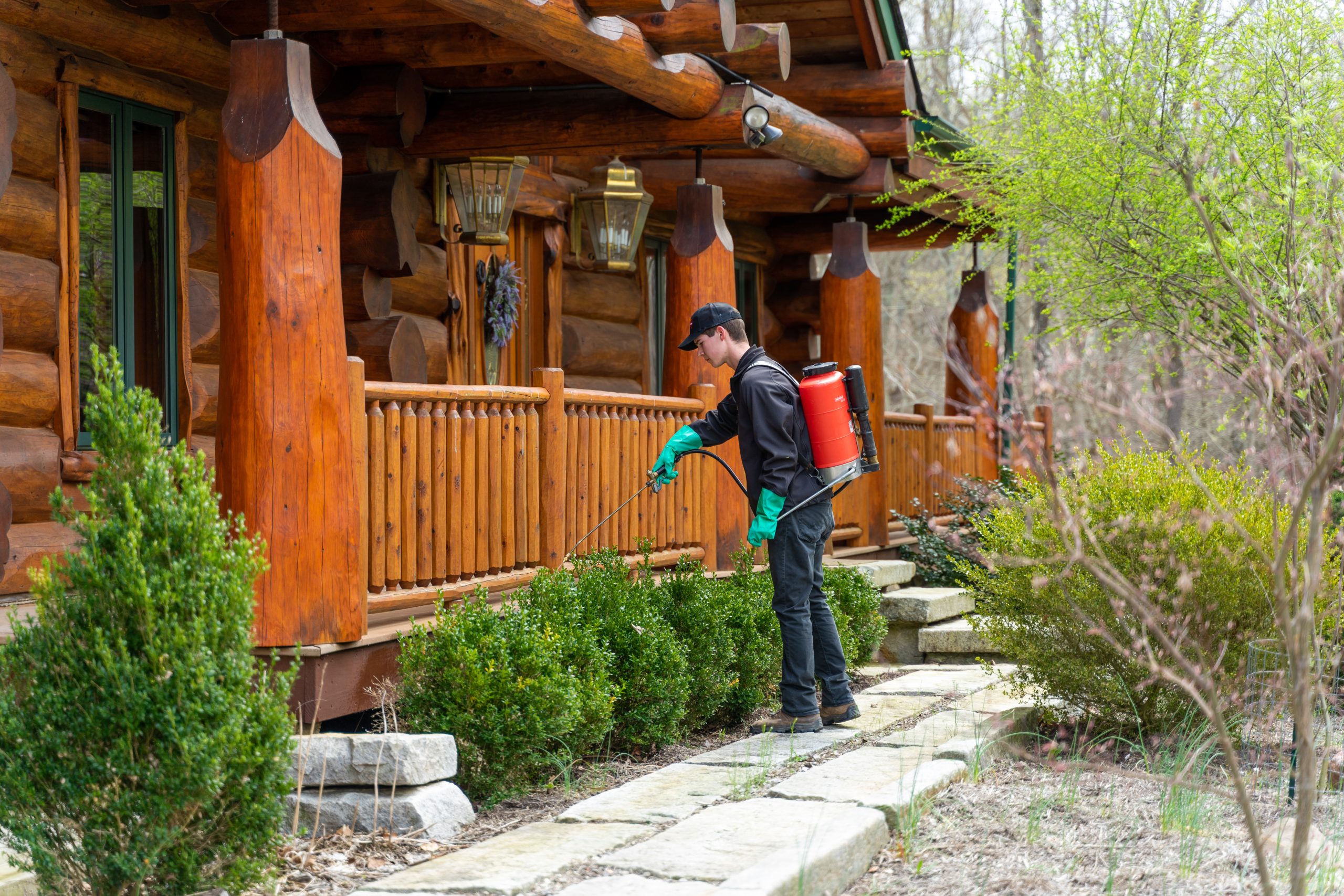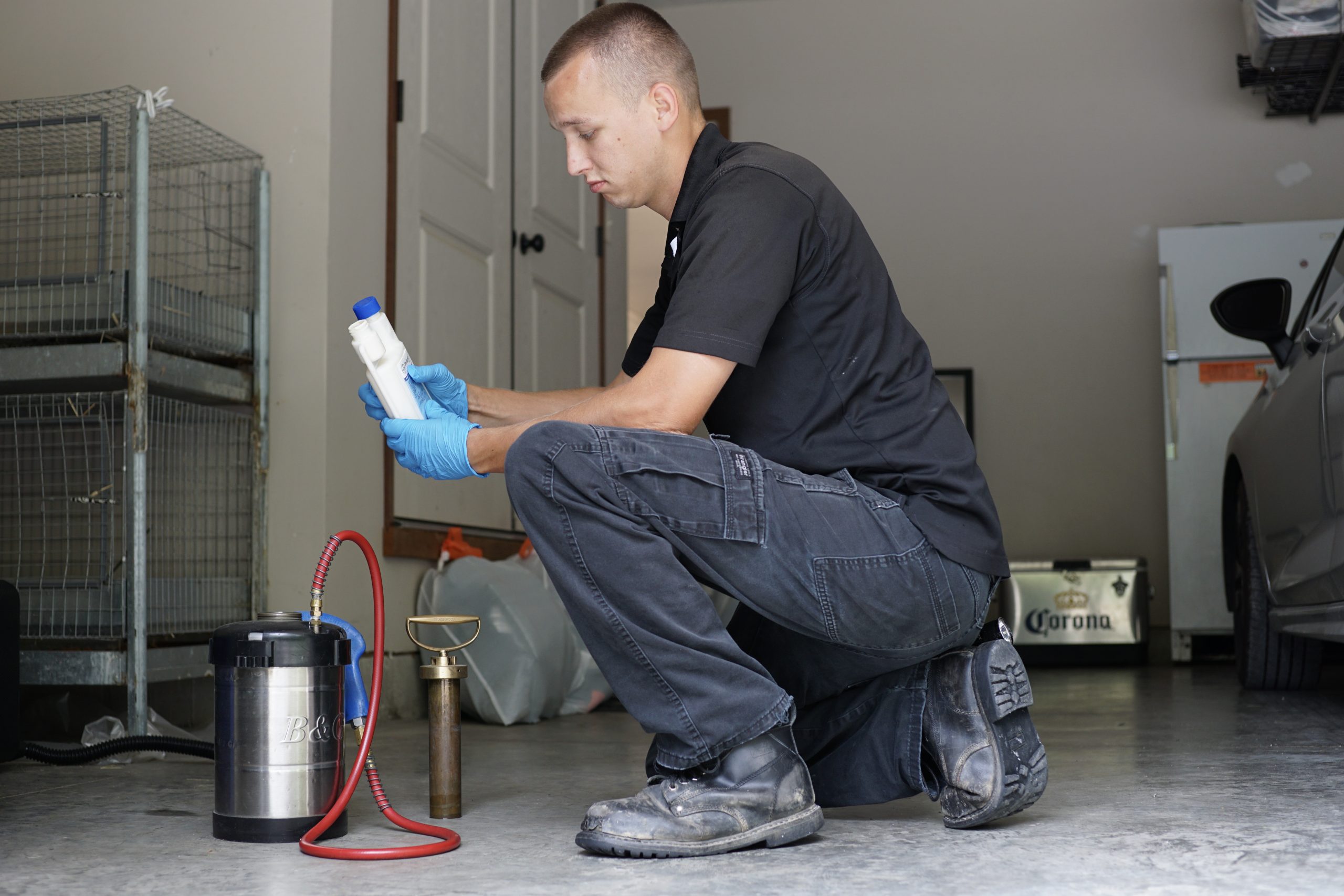
Ant infestations can transform any kitchen from a pleasant cooking space to a nuisance zone. This comprehensive guide will explore a variety of ant-proofing methods, ranging from natural remedies to preventative measures, ensuring that your kitchen remains ant-free. We’ll show the initial steps of recognizing attraction factors to implementing long-term strategies for ant-proofing your kitchen.
Recognizing Ant Attraction Factors
Ants are attracted to kitchens primarily due to easy access to food and water. The smallest crumbs or a drip of juice is enough to invite an ant colony. This is why pest control for commercial kitchens and restaurants are so important, as there are constantly pests attempting to get in for the food and shelter they provide. Identifying these attractions is the first line of defense. It involves understanding where and why ants are coming into your kitchen and taking immediate action to remove these attractors.
Cleaning Practices
Effective cleaning practices are your best defense against ants. Daily wiping of surfaces and weekly deep cleans are crucial. Focus on removing crumbs, sticky residues, and any food particles from your kitchen surfaces, floors, and dining areas. Emphasize the importance of keeping sinks and disposal units clean and dry, as ants are drawn to moisture and leftover food.
Securing Food Sources
Secure all food sources to make them inaccessible to ants. Use airtight containers for food storage, including pet food. Never leave dirty dishes in the sink overnight and regularly empty and clean recycling bins and trash cans inside and outside your kitchen. This strict discipline in food storage and cleanliness will drastically reduce ant incentives.
Preventative Measures
Preventing ants from entering your home is often more manageable and less stressful than tackling an infestation once it has been established. Remove potential nesting sites by clearing away debris and clutter from around the exterior of your home. Seal up any cracks and crevices using silicone caulk, especially around windows and doors and where utility pipes enter. Additionally, use natural barriers such as cinnamon sticks, cloves, or garlic by placing them at potential entry points. Preventing ant infestations, as mentioned above, is making sure that your house is clean, as this gives ants no motivation to go inside your household.
Establishing a routine for regular maintenance and inspections is crucial to ant-proofing your kitchen and household. Schedule monthly checks of your home’s exterior to identify and seal new cracks or crevices in walls and foundations. Ensure that window and door seals remain intact to prevent ants and other pests from entering. By staying vigilant with these practices, you can greatly reduce the likelihood of ant infestations. This guide has provided a thorough overview of methods to ant-proof your kitchen, emphasizing safe and effective strategies tailored to different levels of infestation. If you are having issues with ants or other pests, check out A-1 Able Pest Doctors. With over 85 years of experience in the industry, you can trust that your household is in safe hands, so call us today!
continue reading
Related Posts
Ants cause a lot of problems in commercial buildings, causing […]
Ants may seem like a minor nuisance, but their presence […]


